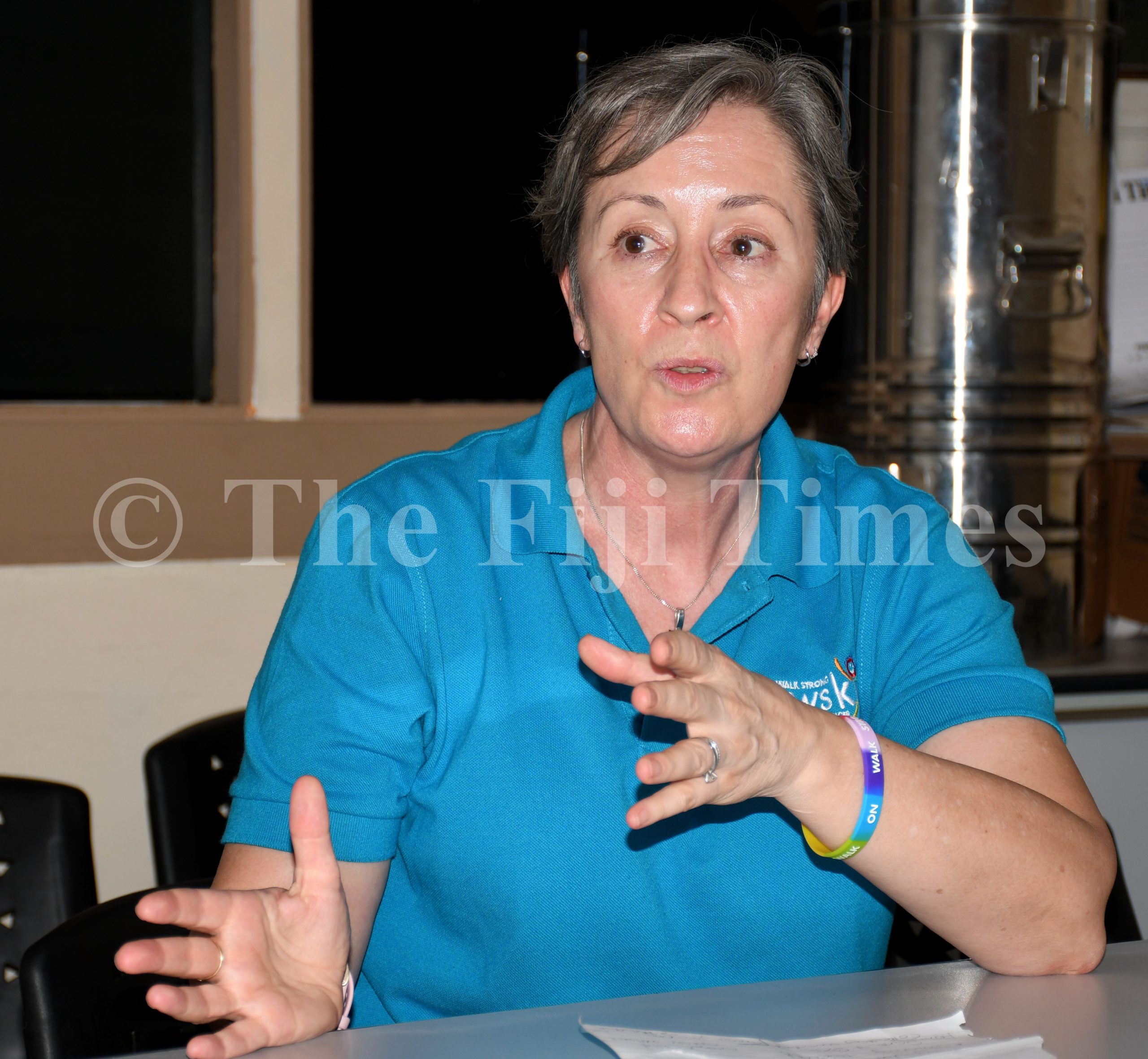The community and health care organisations must make the effort to address the lack of awareness and fear around paediatric cancer in the country.
A leading cancer care specialist believes a significant challenge in managing paediatric cancer is the widespread lack of awareness and the accompanying fear associated with the illness.
Dr Siobhan Cross, a children’s cancer specialist from Christchurch in New Zealand, has observed firsthand how misconceptions and stigma impact cancer patients and their families.
She heads the Twinning Program for paediatric oncology between Christchurch Hospital and the Ministry of Health and Medical Services.
Dr Cross said parents often grappled with questions about why their child developed cancer, sometimes attributing it to personal fault or even superstitions, especially in communities with limited access to formal education.
“In some of the places where they had less access to formal education, they even wonder if they’ve been cursed with something and that it’s someone else’s fault that this has happened, and that’s just not the case,” Dr Cross said.
“It’s really important that the community understands that it’s not anything the parents did wrong, it’s not anything the child did wrong.”
Dr Cross stressed cancer is not a result of parental action or a curse, rather is the result of random genetic mutation.
She said this fundamental misunderstanding could exacerbate the emotional and psychological strain on families already dealing with a child’s serious illness.
Dr Cross said the stigma surrounding cancer often fuelled fear and misinformation and that the word cancer itself could evoke dread and misunderstanding, leading to further isolation of affected families.
“It’s not unique to Fiji, and it’s not something that’s new, even with the understanding and knowledge in modern medicine and everything, it’s still a frightening prospect,” she said.
“And I think it’s that stigma that you don’t know why it’s happened, it’s suddenly occurred.
“Therefore, you must have done something to make it happen, which is not true, but there really is a stigma about it for people.”
Dr Cross pointed out that while treatment facilities had improved significantly since the initial lack of local care, there was still a gap in diagnosing and treating all cases.
She said an estimated 15 per cent of cases may still go undiagnosed, with some children potentially dying from unknown causes, adding that efforts to enhance awareness and education are crucial.
The ongoing work by Dr Cross and her team, under the Twinning Program, involves not only assisting with the cancer treatment protocols but also conducting educational sessions for medical staff here in Fiji, at CWMH and Aspen Lautoka, and engaging with communities through the WOWS Kids Fiji work. She said this collaborative approach helped to demystify cancer, educate families about the nature of the disease, and promote early detection and treatment.



